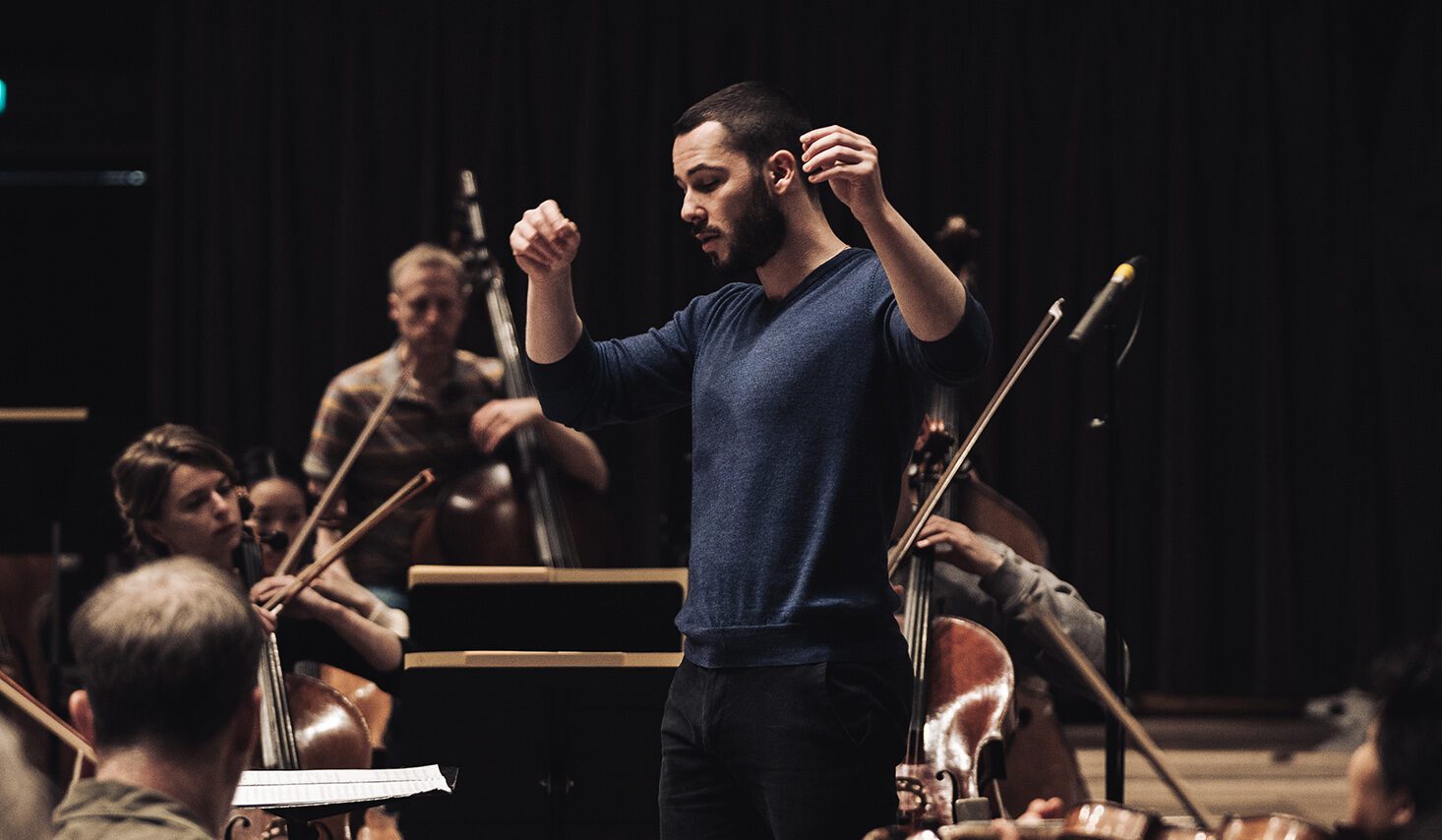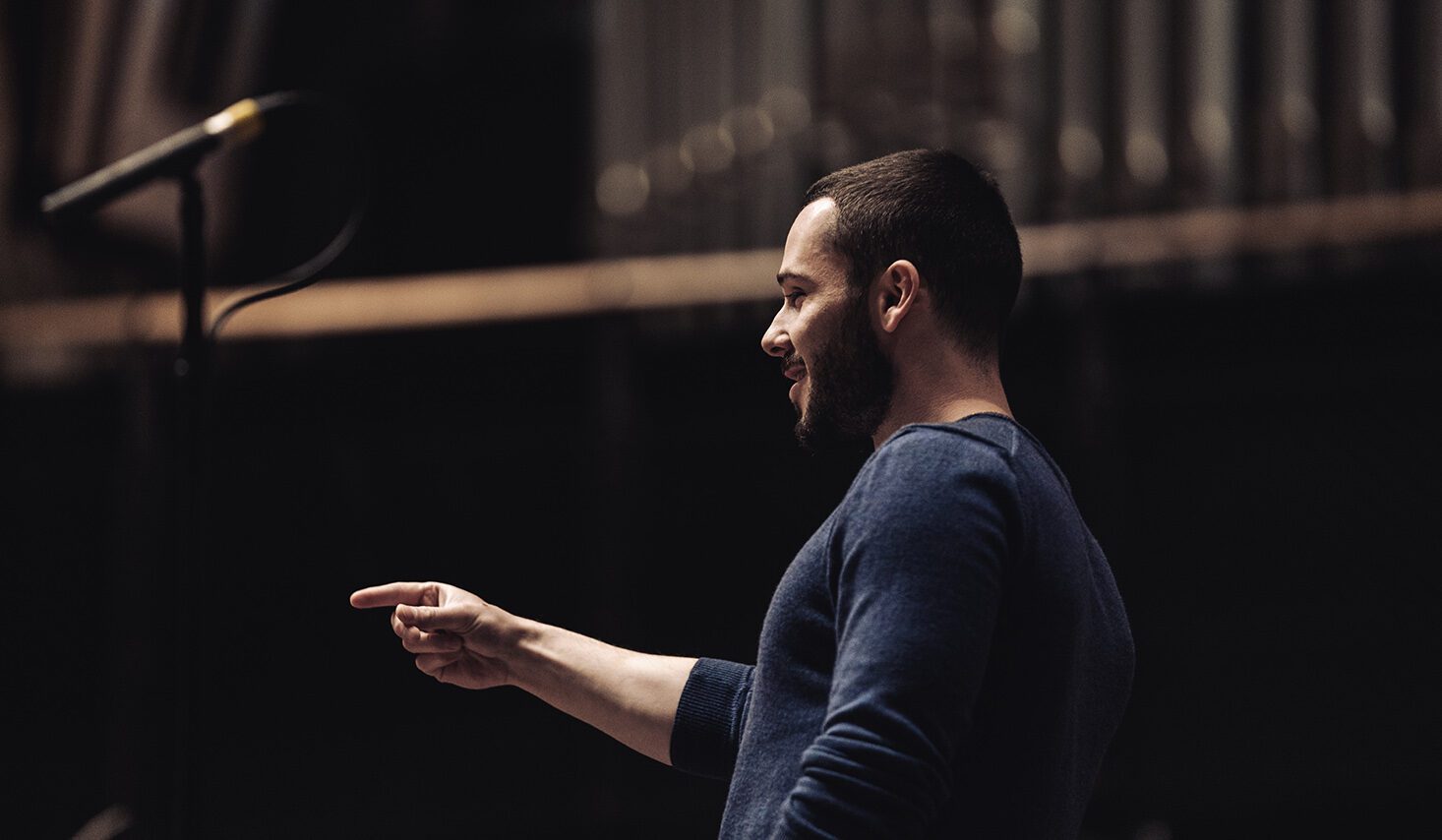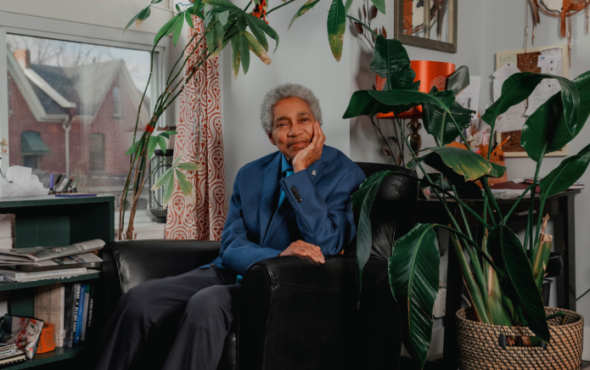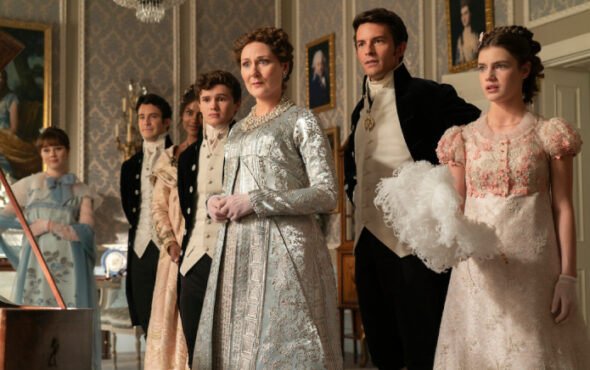
“There’s a huge amount of classical music and a lot of it is by LGBTQ+ composers,” says Oliver Zeffman, one of the UK’s leading openly gay conductors. “Tchaikovsky was gay before Kylie or Kim Petras were writing gay anthems. I’m not saying all of Tchaikovsky’s works are gay anthems, but he was a gay man. So classical music is a part of LGBTQ+ culture.”
That’s one of the main driving factors behind why Zeffman is spearheading the UK’s first classical concert featuring all-LGBTQ+ programming at a major concert hall this July. Classical Pride will take place at the Barbican Hall in London on 7 July, promising a night of unforgettable performances and a few surprises. The idea came to Zeffman last year as the UK marked 50 years since the first Pride march took place in London. “It’s not a particularly clever or imaginative idea to do a Pride concert,” he smiles. “But sometime last year I was thinking about it and thought somebody must’ve done one – and they haven’t! That’s what’s so weird about it. There was one in America last year and that was the first one ever. But there had never been one in Europe, UK or Asia, so it seems odd that it hasn’t happened.”
The concert will open with Leonard Berstein’s (1918-1990) dazzling overture to Candide, a vibrant work full of the flair, verve and colour that the composer himself embodied. Pianists Pavel Kolesnikov and Samson Tsoy – partners both professionally and personally – will perform French composer Francis Poulenc’s Concerto for Two Pianos; a composer who was both openly gay and a devout Catholic during his lifetime. Classical Pride will also feature two of the most in-demand figures in the world of composition in Caroline Shaw and Julian Anderson. Zeffman reached out to Anderson knowing that as a world-renowned composer, he was likely to be booked up for years to come. “And he is!” Zefmann says. “But he moved some things around in his diary so he could have time to write something.”
The aim was to bring together the best and brightest queer trailblazers in classical music to show the breadth of the genre. “The whole point was to put together a programme that, on the one hand, is to show off the diversity of classical music,” Zeffman explains. “But then also, I think a large part of the audience may be new to classical music, so it’s also to show off the best that classical music has to offer. You don’t have to find esoteric composers to find gay, lesbian, or bi composers.” Which brings us back to Tchaikovsky.

For Classical Pride, Zeffman has chosen Tchaikovsky’s heart-wrenching Romeo & Juliet to be performed. “Of course it’s a straight love story, but obviously Tchaikovsky or Shakespeare couldn’t write about Romeo & Romeo,” he says. But the composition, in the context of Tchaikovsky’s own life, reflects his own burning desire for romance that he didn’t get to fulfil. Born in 1840 in the Russian Empire, Pyotr Ilyich Tchaikovsky was forced to suppress his homosexuality and endure a disastrous marriage. “Tchaikovsky is the oldest composer on this list, but also the greatest melody writer ever,” Zeffman says. “His music is fused with this longing and romance and passion. That’s why we chose Romeo & Juliet because in his own life he couldn’t realise his own romantic desires. There’s this huge emotional intensity to his music, and it’s just incredibly moving and powerful – that all still applies today.”
Tchaikovsky is a national treasure in his home country of Russia, and his music is proudly heralded as part of their cultural heritage. But with the country’s anti-LGBTQ+ stance, there have been attempts to deny his sexuality and rewrite his experience as heterosexual. “It’s very clear from his writings that he was a gay man,” says Zeffman, acknowledging the cultural challenges Tchaikovsky’s work faces in regions where LGBTQ+ rights are limited or non-existent. That makes events like Classical Pride important; a place where the works can be heard for what they truly are. “[It’s about] highlighting and celebrating these composers for their queerness.”
In a more broad sense, Zeffman hopes Classical Pride can grant people an access point into classical music and help break down misconceptions. “Classical is an enormous genre of music,” he says. “If you think about pop, it’s been around for just over 50 years. Jazz has been around for a hundred-and-something years. But classical music is bigger because it’s been around so long compared to all of the other genres put together.” He explains that many different forms of music are lumped together as “classical” and that, in fact, there’s so much diversity of style within the genre that people don’t always realise. “It can be all sorts of things; a symphony orchestra, a singer, electronic music. There’s so much stuff, and people are obviously still writing classical music today.” Zeffman adds: “There’s fewer and fewer misconceptions in the point that people seem open to more kinds of genres than 10 years ago. People don’t tend to identify them so much by just their music taste.”
As conversation shifts to the Pride element of Classical Pride, Zeffman is clear that this concert very much falls into the “celebration” aspect of the annual calendar moment. But that’s not to say he hasn’t considered the historic roots of queer liberation. “Pride also has its history as a protest movement,” he says, acknowledging the immense challenges LGBTQ+ face across the globe and why it’s important to call for their protection and rights. “Doing a Pride concert in London isn’t going to change that, but all the proceeds from this are going to three charities.” Those charity partners include Rainbow Railroad; a non-profit organisation that helps at-risk LGBTQ+ people through emergency relocation, crisis response, cash assistance and other forms of assistance. There’s also the UK-based HIV charity Terrence Higgins Trust, and Amplifund, GAY TIMES’ philanthropic initiative with GiveOut which raises money to support LGBTQ+ people in countries where they face grave challenges. “There’s still a lot of work to be done and fights to be had,” Zeffman says.
Classical Pride only touches the tip of the iceberg when it comes to acknowledging the vast amount of classical music produced by LGBTQ+ talent, and there’s certainly ambitions for it to become a yearly event on an increasingly bigger scale. “I’d like to think this will be the first of a big Classical Pride every year,” he says. “But also [queer classical programming across] more venues, and more orchestras, and more artists, and thinking about queer composers – whether that’s in a broader sense, or that’s people championing trans artists. It’s about showing that you can program something like this and reach an audience that hasn’t come across classical music. To show that you can program something like this and it’s an artistically, musically, and commercially valid way to do things.”
Tickets for Classical Pride are on sale now at barbican.org.uk.
Oliver Zeffman’s new EP to coincide with Classical Pride is titled Is a Rose and will be released via Platoon on 30 June.


